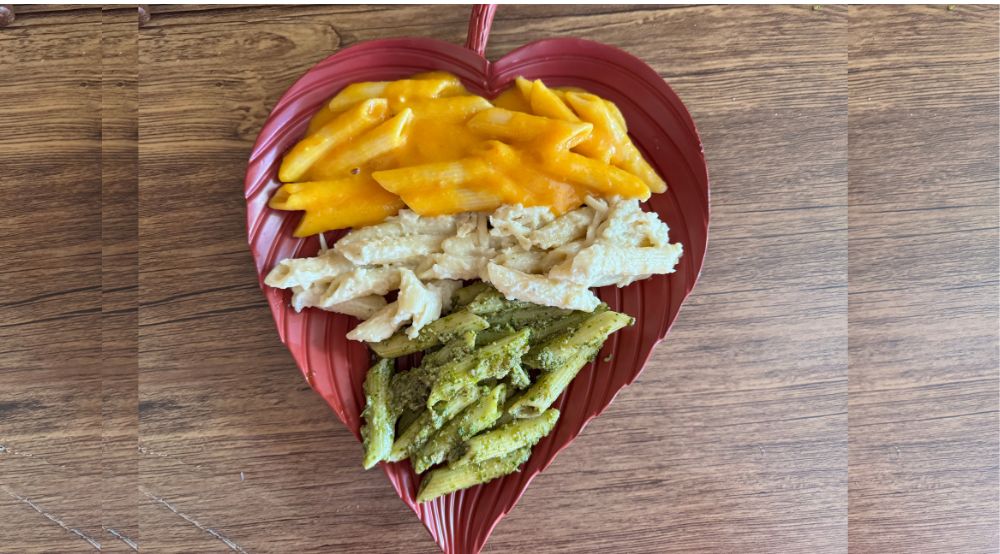Finding Allergy-Safe Eating Options at Restaurants: A Guide to Eating Out with Food Allergies
BlogsMarch 4, 2025

A Guide to Eating Out with Food Allergies
In today’s world, food allergies have become an increasingly common concern, and eating out with food allergies can be an intimidating experience for individuals with specific food sensitivities. Whether it’s a severe nut allergy, dairy intolerance, gluten sensitivity, or any other food-related condition, dining out requires extra vigilance to avoid an allergic reaction to food. However, with proper research, clear communication, and some planning, dining out with food allergies can be safe and enjoyable without compromising one’s health.
This blog will explore effective strategies for eating out with food allergies, focusing on communication with restaurant staff, making informed choices, and understanding restaurant policies, to ensure a safe and pleasant dining experience.
-
Communication with Restaurant Staff
Effective communication is the key to ensuring that the food served meets specific food allergy requirements. Upon arriving at a restaurant, it is crucial to inform the host, waiter, or chef about the food intolerance or common allergies. Being specific about the allergens involved can help the restaurant staff prepare accordingly and avoid cross-contamination. Many restaurants are now more aware of food allergies and train their staff to handle these situations with care. However, it’s essential to be proactive by explaining the severity of the allergy, particularly if it is a life-threatening condition, such as anaphylaxis. This will help the restaurant staff prioritize your safety while you're dining out with food allergies.
Some restaurants may even have allergen-free food menus or dedicated kitchen areas to prevent cross-contamination, offering more peace of mind for those with common allergies. Asking about separate cooking utensils and equipment can further ensure there are no hidden risks when eating out with food allergies.
-
Choosing Allergy-Friendly Restaurants
Choosing the right restaurant can make a significant difference when dining out with food allergies. Many chain restaurants and health-conscious eateries offer comprehensive food allergy information, either on their menus or online, making it easier to make informed decisions. Fast-casual restaurants and establishments with dietary accommodations often label food intolerance and common allergens, like those found in a food with gluten list.
Some restaurants are better equipped to handle food allergies and may have strict protocols to avoid cross-contamination. For example, eateries specializing in gluten-free, dairy-free, or vegan foods often cater to food intolerance and allergen-free food needs. A quick online search or phone call can help determine whether the restaurant is suitable for eating out with food allergies.
-
Researching the Menu and Ingredients
Before heading out, it's helpful to research the menu. Many restaurants now provide detailed nutritional and food allergy information online, which allows customers with common allergies to plan ahead. This way, they can identify safe options and avoid food items that could trigger an allergic reaction to food. If the restaurant doesn’t offer an allergen guide, calling ahead or speaking to a manager can clarify any concerns about specific dishes, whether related to gluten, dairy, or nuts.
If modifications are needed, such as removing dairy for a food intolerance, asking politely but firmly about changes can ensure a safe meal when eating out with food allergies.
-
Avoiding Cross-Contamination
Cross-contamination is one of the biggest risks when dining out with food allergies. This happens when an allergen from one food item contacts another dish. Cross-contact can occur through shared cooking equipment, cutting boards, or utensils. To reduce the risk, it's essential to communicate clearly with the staff about the importance of avoiding cross-contamination, especially if dealing with food intolerance or severe allergies.
-
Understanding Restaurant Policies
Each restaurant has its own policies regarding food allergies. Some may be more accommodating, while others have stricter rules or limitations. It's important to understand how the restaurant handles food allergies, what steps they take to prevent cross-contamination, and whether they have any special protocols for eating out with food allergies.
-
Carrying Emergency Medication
For individuals with severe food allergies, carrying emergency medication, such as an epinephrine auto-injector, is a vital part of safely dining out with food allergies. In case of accidental exposure to an allergen, having immediate access to medication can prevent a severe allergic reaction to food and buy time until help arrives.
Conclusion
Dining out with food allergies doesn’t have to be a stressful experience. By clearly communicating your needs, researching allergy-friendly restaurants, and understanding the policies on handling food allergies, you can minimize the risk of exposure. Taking these steps will make eating out with food allergies safe, enjoyable, and stress-free.
Learn more about reading labels and identifying hidden allergens in our guide: Understanding Food Allergy Labeling: What to Look For and What’s Missing
FAQ
-
Always inform the restaurant staff of your allergies, choose allergy-friendly restaurants, and ask about cross-contamination prevention.

-
Request separate cooking utensils and inform the staff about your allergies to avoid cross-contamination in shared kitchen areas.

-
Common food allergies include gluten, dairy, nuts, shellfish, and soy. Always check menus or speak to the staff to confirm ingredients.

-
Yes, many restaurants offer allergen-free food options or have protocols in place for customers with severe food allergies.

-
Look for restaurants with online allergy menus, call ahead to inquire, and read reviews from others with food allergies to ensure a safe experience.













